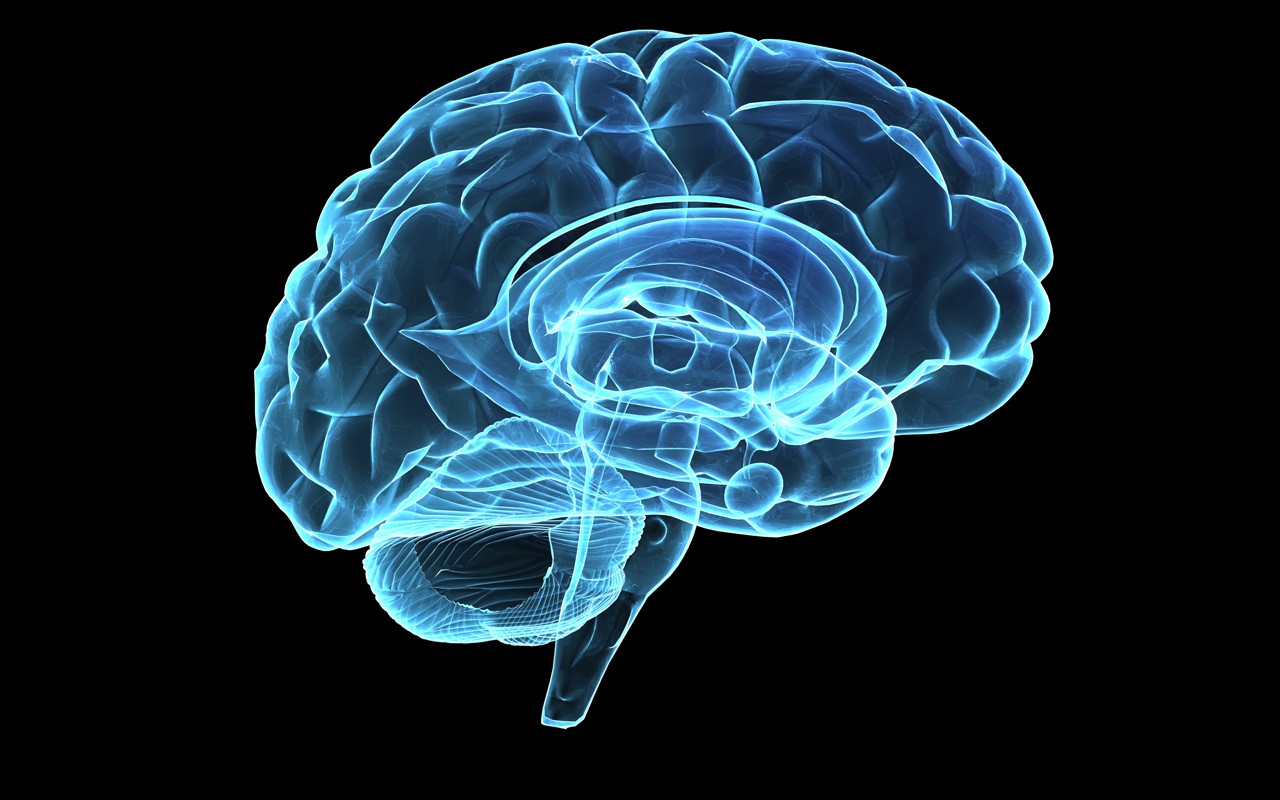Génétique humaine et fonctions cognitives

Présentation
• Objectives :
The aim of our research is to identify new genetic pathways involved in social interactions and communication in humans, and to offer an evidence-based approach to ASD that should help improve diagnosis, care and integration.
• Methods :
Our project for the next 5 years includes a thorough genomic and clinical profiling of 300-500 patients using high-throughput genotyping/sequencing and brain imaging. In parallel, we are focusing on a set of mutations that we identified within NLGN, SHANK and CNTN genes by studying in depth their functional impacts at the clinical, neuronal and mouse behavior levels. A special effort will be made to test if the observed deficits are reversible using human induced pluripotent stem cells (iPSC) and mouse models. Our group is also developing new methods for analyzing whole genome and brain imaging data as well as new paradigms for characterizing mouse social and vocal behavior.
Thèmes de recherche
Our group gathers psychiatrists, neuroscientists and geneticists to understand the causes of autism spectrum disorders (ASD).
We previously identified one synaptic pathway associated with ASD – the NLGN-NRXN-SHANK pathway. This pathway is known for playing a role in synapse formation and in the balance of excitation and inhibition within the brain. In parallel, we identified the first mutations within the melatonin pathway, which could contribute to the sleep problems observed in individuals with ASD. Our results highlight the genetic heterogeneity of ASD, but also point at common pathways that could constitute relevant targets for new treatments.
We are currently performing a thorough genomic and clinical profiling of a large number of individuals (>500 families with ASD) using high-throughput genotyping/sequencing, biochemistry and brain imaging. In parallel, we are focusing on a set of mutations that we identified in genes related to the synapse (NLGN, SHANK, CNTN) by studying in depth their functional impact at the clinical and neuronal levels. Especially, we are exploring new ways of modulating the observed deficits by using human induced pluripotent stem cells (iPSC) and animal models.
Our group is developing new methods for analyzing whole genome and brain imaging data as well as new paradigms for characterizing mouse social and vocal behaviors.
Equipes de recherche
Directeur : Thomas Bourgeron
Corinne Baran : Administrative Staff
Marion Benabou : PhD Student
Coralie Carton : PhD Student
Isabelle Cloëz-Tayarani : Permanent Researcher
Richard Delorme : Permanent Researcher
Guillaume Dumas : Permanent Researcher
Elodie Ey : Permanent Researcher
Allain-Thibeault Ferhat : PhD Student
Ophélie Foubet : PhD Student
Hany Goubran-Botros : Research Engineer
Thomas Kergrohen : Research Engineer
Nathalie Lemiere : Technician
Anne-Marie Le Sourd : Technician
Alexandre Mathieu : Research Engineer
Thomas Rolland : Post-doc
Anne Claude Tabet : Permanent Researcher
Roberto Toro : Group Leader
Aline Vitrac : Undergraduate Student
Frédérique Amsellem : Permanent Researcher
Anita Beggiato : PhD Student
Anna Maruani : PhD Student
